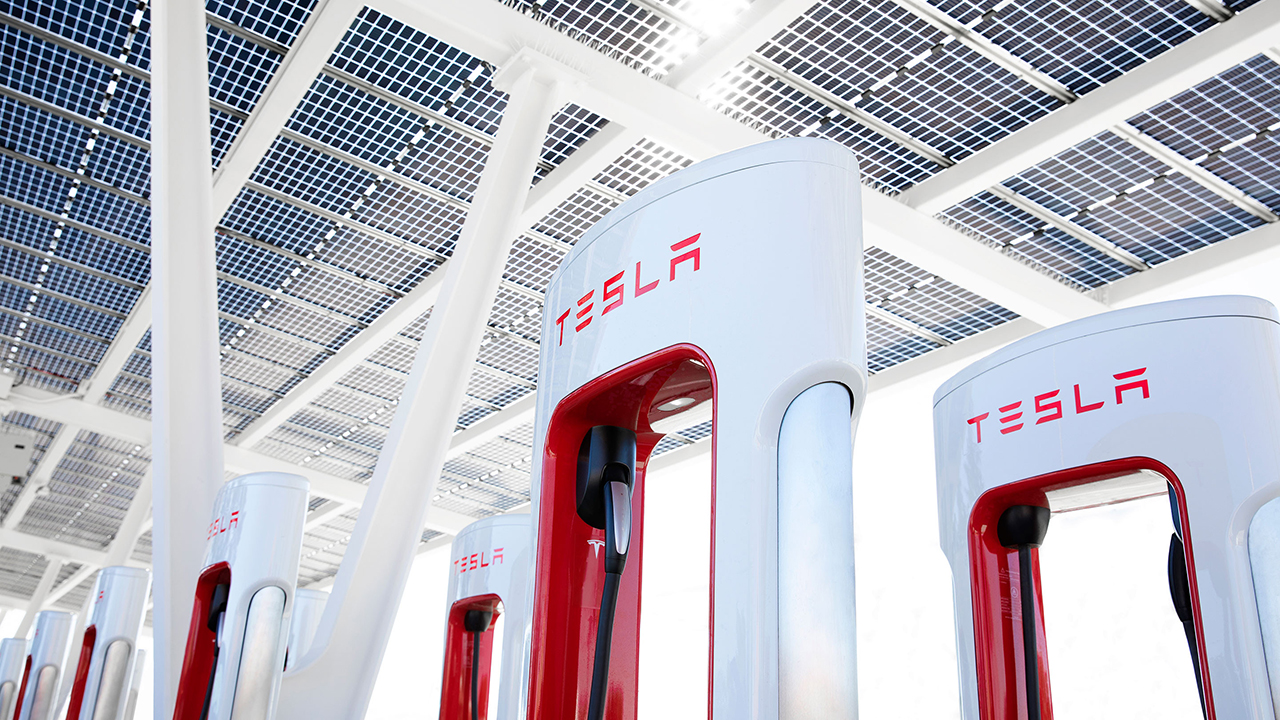Tesla initially announced the launch of its open-access Supercharger program, which is currently being tested in 16 European nations, to the US in 2021. With the unveiling of the White House's plan, it has now been revealed that of the 7,500 chargers that will be available to all compatible EVs, 3,500 will be new and existing 250 kW Superchargers located along highway corridors, while the rest will be Level 2 Destination Charging stations, with a maximum of 22 kW, at restaurants, hotels, and other urban and rural locations. Additionally, Tesla has committed to increasing its US Supercharger network by 300%.
In order for companies to access the funding from the $7.5 billion plan, they must adopt the Combined Charging System (CCS), which is dominant in the US, and provide smartphone-friendly payment options. Transportation Secretary Pete Buttigieg stated, "No matter what EV you drive, we want to make sure that you will be able to plug in, know the price you're going to be paying, and charge up in a predictable, user-friendly experience." While Tesla presently employs proprietary chargers, it has committed to also integrating the CCS standard.
The administration has also obtained commitments from EV manufacturers such as GM and Ford, in addition to ChargePoint and other EV charger manufacturers. This will bring over 100,000 public chargers that are available to all EVs. For instance, GM plans to install up to 40,000 Level 2 stations across the US and Canada as part of its Ultium Charge 360 network. Moreover, it will set up a coast-to-coast network of 2,000 350 kW fast chargers on US roads, in collaboration with Pilot Company and EVgo. In the meantime, Ford intends to install DC fast chargers at 1,920 dealerships by January 2024. Hertz is also set to establish thousands of BP's Pulse chargers in US cities for its customers and the general public.
Last year, the White House unveiled its charging plan as part of the $7.5 billion National Electric Vehicle Infrastructure (NEVI) Formula Program, which aims to transform half of all new US vehicle sales to zero-emissions by 2030. Despite there being over 130,000 public chargers that serve more than three million EVs presently on the road, critics have argued that it is still insufficient. The first tranche of NEVI funds is set to be distributed to states in the following weeks.
Source: Engadget

